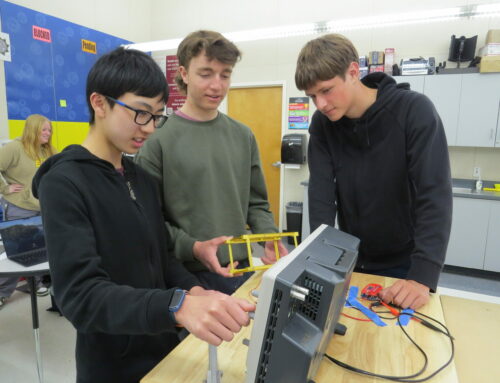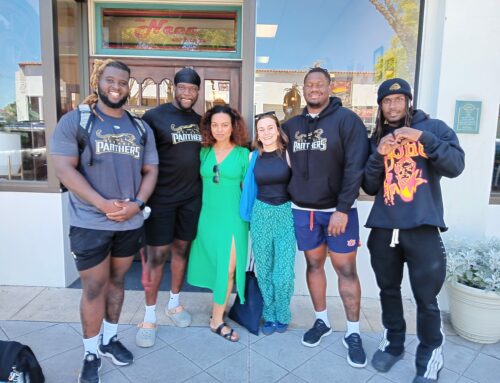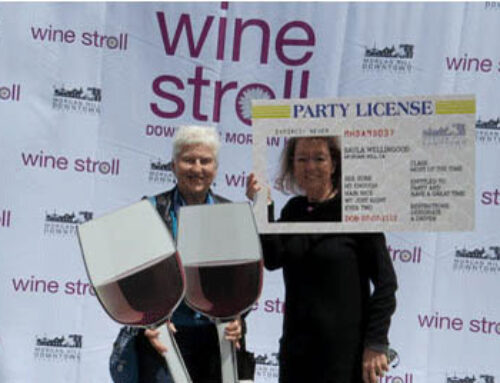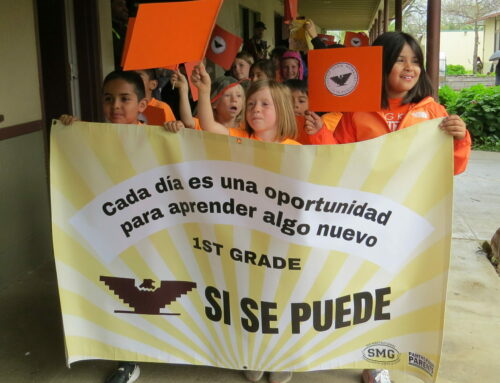Published in the February 15 – 28, 2017 issue of Morgan Hill Life

With guidance from people who cared about him, the boy turned his life around. He became involved with the Civil Rights movement, meeting with many of the leaders who transformed American society and politics in the 1960s and 1970s. Eventually, Escoto found his way into a career in public education, helping young people at Horace Mann Elementary School in San Jose who faced some of the same challenges he did as a child.
In his retirement years as a Morgan Hill resident, Escoto continues to stay active helping three young people of the South Valley region through a nonprofit group called Child Advocates of Silicon Valley. It’s the only agency in Santa Clara County that provides court-appointed special advocates — known as CASAs — to foster youths. The dedicated volunteers like Escoto assist the children under their guidance in accessing needed resources, following their school progress and speaking up for their best interests in court. They maintain complete records about the case, submit reports and attend court hearings. CASA volunteers stay with the child until he or she finds a safe and loving home.
The numbers on children in foster care can be daunting. Nationally, only about 50 percent of all foster youth complete high school. But with the support of a CASA, foster teens have a far better chance of academic success. In 2016, 79 percent of teens helped by Child Advocates completed their high school requirements and planned to continue their education by attending a community college or a vocational program. That means that as they grow up, more foster youths will stay off the streets as homeless people. And more of these young people will have productive lives with good jobs.
Child Advocates is ambitious with its vision for the future. It has a five-year strategic plan to provide a CASA for every child in Santa Clara County’s foster care system by the end of 2018. There are now more than 1,600 children in the county’s dependency system, and about a thousand of these youths could benefit by a CASA volunteer. By July, Child Advocates hopes to serve 840 children with a CASA volunteer.
Child Advocates of Silicon Valley is looking for people who care about foster youth enough to serve as friends, mentors and advocates, working one-on-one with children in the county’s foster care system. The non-profit organization will hold several volunteer informational sessions in February and March in the South Valley to recruit volunteers for its April training class. It will host a one-hour volunteer information session at the Morgan Hill Cultural and Community Center 5:30 p.m. March 14.
CASAs provide crucial emotional and educational support for the children in their care. They ensure that each child’s needs are met and their voice is heard while they navigate the dependence system.
The group now has more than 150 foster children waiting to be matched with a CASA. No legal experience is necessary to volunteer. People interested in getting involved simply need a willingness to reach out to a child when her or she is most vulnerable in dealing with the foster system. The time commitment to volunteer is 10 to 12 hours a month. Volunteers involved as a CASA must pass a background check and be 21 years or older.
The need to find CASAs who serve as role models and mentors reflecting the child’s gender and cultural background has increased along with the population of Santa Clara County over the past decade. And this is especially true for Latino boys and young men. Sixty-two percent of the children in foster care are Latino. Nearly half of these children are boys.
“It’s so essential for teenage boys to have a stable adult male presence in their lives,” Escoto said. “As a CASA, I can help provide that stability and give these boys the support to create a better future for themselves. I highly recommend people consider becoming a CASA.”






